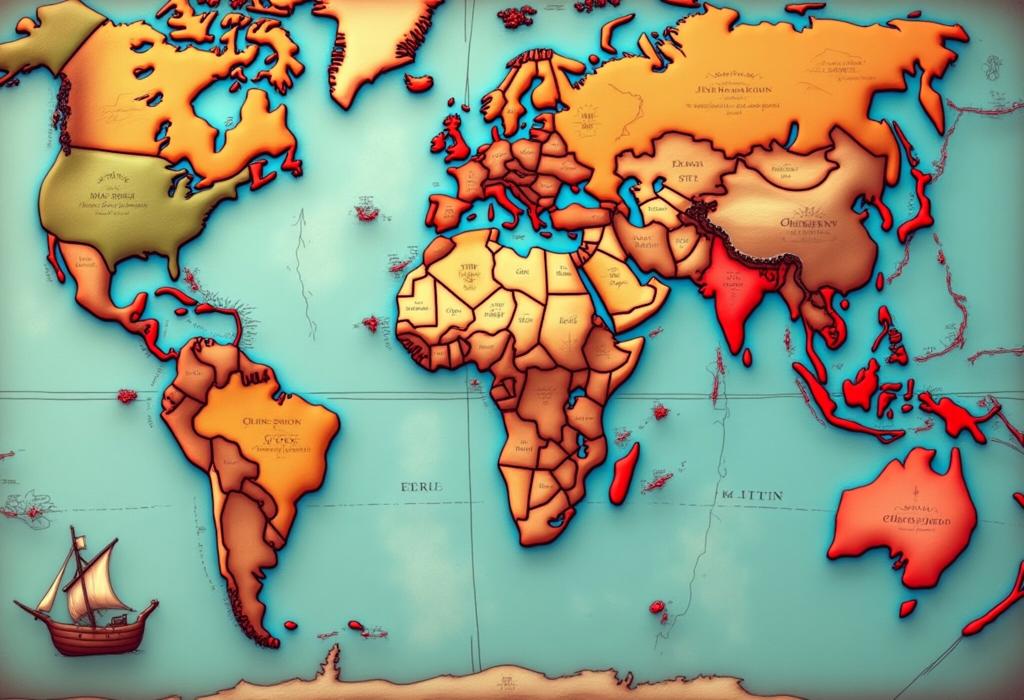For more details on this content, please review the step-by-step guide and frequently asked questions.
Uncharted Territories: Historic Exploration Routes

Step-by-Step Guide
Understanding Exploration
Exploration has been a significant aspect of the human experience, marked by the desire to discover uncharted lands and expand knowledge. Historically, explorers ventured into unknown territories for various reasons, including trade, conquest, scientific discovery, and the quest for new resources.
The Age of Discovery
This period, roughly from the 15th to the 17th centuries, saw European powers expand their empires across Africa, Asia, and the Americas. Key figures, such as Christopher Columbus, Vasco da Gama, and Ferdinand Magellan, played pivotal roles in mapping new territories.
The Role of Technology in Exploration
Innovations in navigation, such as the magnetic compass, astrolabe, and better ship designs, revolutionized sea travel. Explore how these technologies enabled explorers to cross vast oceans and venture into unknown lands with greater accuracy.
Notable Exploration Routes
Delve into specific historic routes that were significant in exploration, such as the Spice Route, the Trade Routes across Africa, and the routes taken by explorers in the Arctic and Antarctic regions. These routes not only defined trade and culture but also influenced the political landscapes of the times.
Cultural Exchanges Through Exploration
Examine how explorations facilitated exchanges between cultures, bringing diverse peoples into contact and leading to the sharing of ideas, languages, foods, and traditions. You'll learn how these exchanges have shaped societies globally.
Impact on Indigenous Populations
Understanding the consequences of exploration on indigenous peoples is critical. Many experiences of colonization had devastating effects on native populations, including displacement, disease, and cultural assimilation.
Mapping the World: Cartography
Discover how explorations led to advances in cartography. The development of accurate maps not only guided sailors but also played an essential role in colonization and the understanding of the world as we know it today.
Famous Explorers and Their Journeys
From Marco Polo to James Cook, each explorer had their unique story and discoveries. Learn about their backgrounds, motivations, routes, and the legacies they left behind.
Modern Explorations
While the days of the great explorers may be behind us, modern exploration continues. Analyze how current researchers and adventurers explore remote regions, underwater worlds, and outer space, utilizing advanced technology.
The Future of Exploration
Discuss the potential paths for future exploration. With ecological considerations and sustainability taking center stage, future ventures may focus on preserving nature while exploring.








